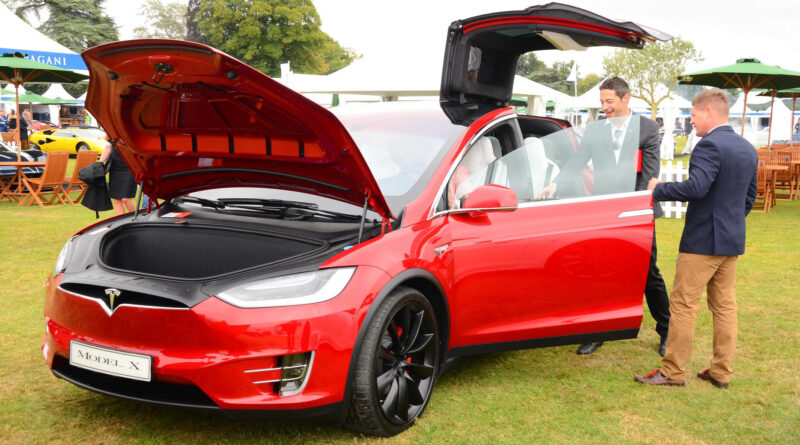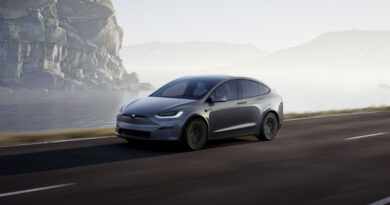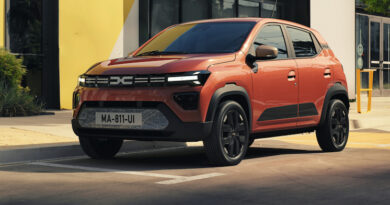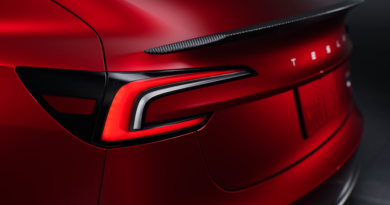“Risk averse” used car buyers not turning to EVs during Covid
While Australia’s used car market has gone gangbusters during the Covid-19 pandemic, it appears pre-loved electric cars haven’t enjoyed the same boost in popularity. Unless, of course, it’s a Tesla.
On the new car front, year-to-date figures show Australian EV sales are up 33 percent and plug-in hybrids by 53 percent over this time last year. This due to an increasing number of manufacturers offering such cars, and our gradual acceptance of the new technology.
But older tech seen in used EVs doesn’t hold the same appeal, and according to Ross Booth, General Manager of vehicle valuation and information website, Redbook.com.au, this is just one reason used electric car prices haven’t jumped in 2020, unlike many internal combustion engine (ICE) alternatives.
Want the latest EV news and reviews delivered to your inbox? Subscribe to our weekly newsletter!
“There’s the high price premium of EVs, the unknown technology and the typical person interested in electric cars wants the latest and greatest technology,” he said. “These count against people wanting to buy used EVs.”
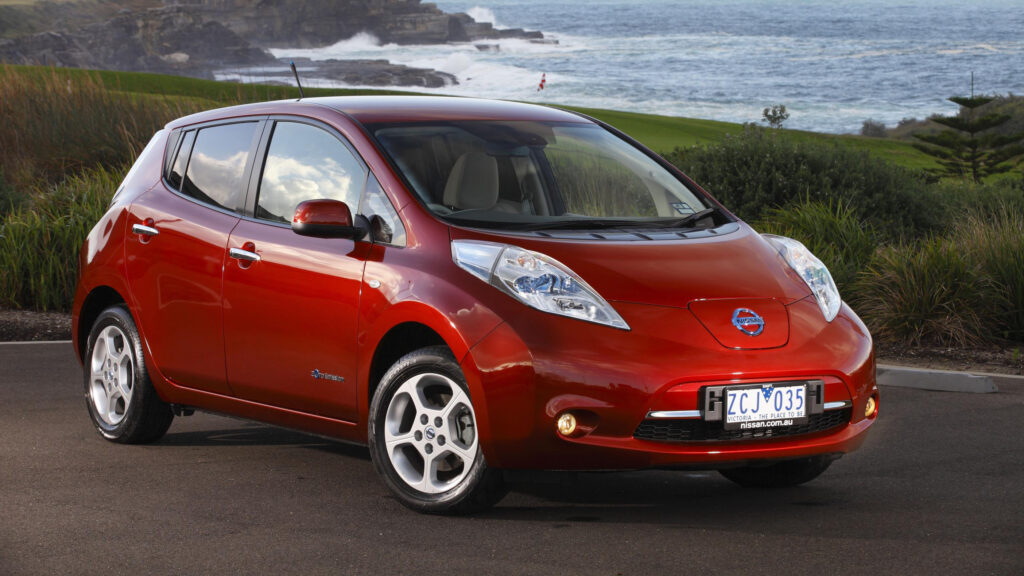
In such uncertain times, it appears we humans prefer safer, less risky harbours. Just witness how, when Covid-19 hit and countries locked down, investors pulled money from the stock market and ploughed it into the “safety” of gold, surging its price.
Australians deem Toyota to be the car brand equivalent of trusty ol’ gold.
“In a recession, I think people go more conservative with used cars, they don’t go to new technology,” Mr Booth said. “People go back to what they know and love, like Toyotas for their reputation of reliability. That’s my economic theory as used prices of Toyotas, commercial vehicles and utes went up.”
Moody’s Analytics Used Vehicle Price Index suggests Australian used car prices increased 30 percent on a year-ago basis in September 2020 – the highest ever leap in the analyst’s 21 years of keeping records. Its statistics show used prices dropped by nearly 10 percent in April 2020, but since then used car values have surged.
“There were two fundamental shifts in the used car market,” Ross Booth explained. “The first in March when there was the national shock (about Covid-19) of ‘what’s going on?’ and people didn’t want to buy used cars. Then we had the supply problem of new cars and suddenly people wanted used cars as they didn’t want to use public transport.”
Used EVs, barring Teslas, haven’t been swept along for the ride. “The general market is up, but for EVs in demand and supply, we haven’t seen a big change,” said Mr Booth.
“Fundamentally Teslas perform well compared with equivalent ICE cars, and we (Redbook) see Tesla auction results and every Tesla on carsales.com.au and they’re very strong. The Model 3 and Model X especially; not the Model S as much.
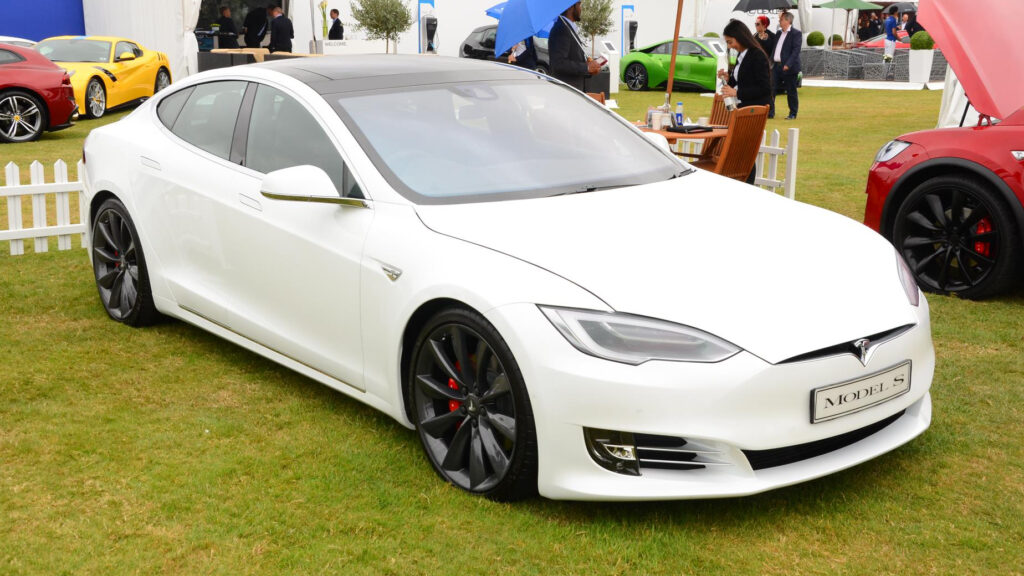
“Teslas are electric vehicles but also sports cars, and from a residual value perspective such cars hold their values well. The same applies to the Jaguar I-Pace, which also does well.”
Statistics aside, we’re able to see what people are marketing their used EVs for. We compiled a used EV buying guide earlier this year, and can compare the prices we saw back in May/June to today. Of course, what a used car is listed for doesn’t mean it will sell for that, but it gives an idea what a seller’s expectations are in the current climate.
The cheapest Tesla on the market is a 2015 Model S 85 for $64,000, boasting an impressive 300,000 kilometres on the clock (hope he got free charging). Around $70,000 is typical for a Model S – same as when we looked four months ago – while Model X SUVs still haven’t dropped under the $100,000 mark despite being over three-years old.
There are only a couple of pre-loved Tesla Model 3s for sale as they’re still a very new car.
Read our Tesla Model 3 review.
Jaguar’s I-Pace is holding strong – two-year-old used versions with a few thousand kilometres showing are marketed around $110,000 – down around just 10 percent from their original purchase price in some cases.
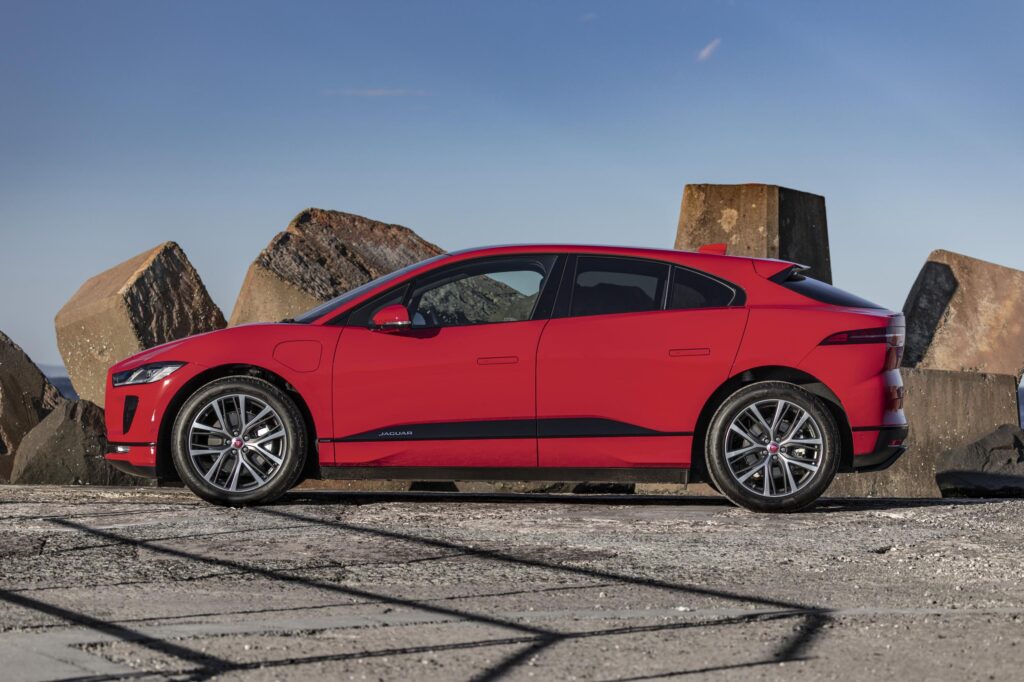
Owners are holding on to their pure electric BMW i3s – 2018 demo-kilometre 94Ah versions are still listed at over $60,000, despite a brand new (and improved) 120Ah i3’s list price being $70,900.
Cheapest Hyundai Ioniq Electrics are around $40,000 – most being 2018 versions with less than 10,000km on the clock. A saving over the $48,490 new list price, but still out of reach to many buyers.
At the real old EV-tech, cheapie end of the market we have the Mitsubishi I-MiEV and first generation Nissan Leaf.
There are a couple of the little Mitsi EVs up for around $13,000, but they’re ten years old, out of battery warranty, and don’t expect range over 100km these days.
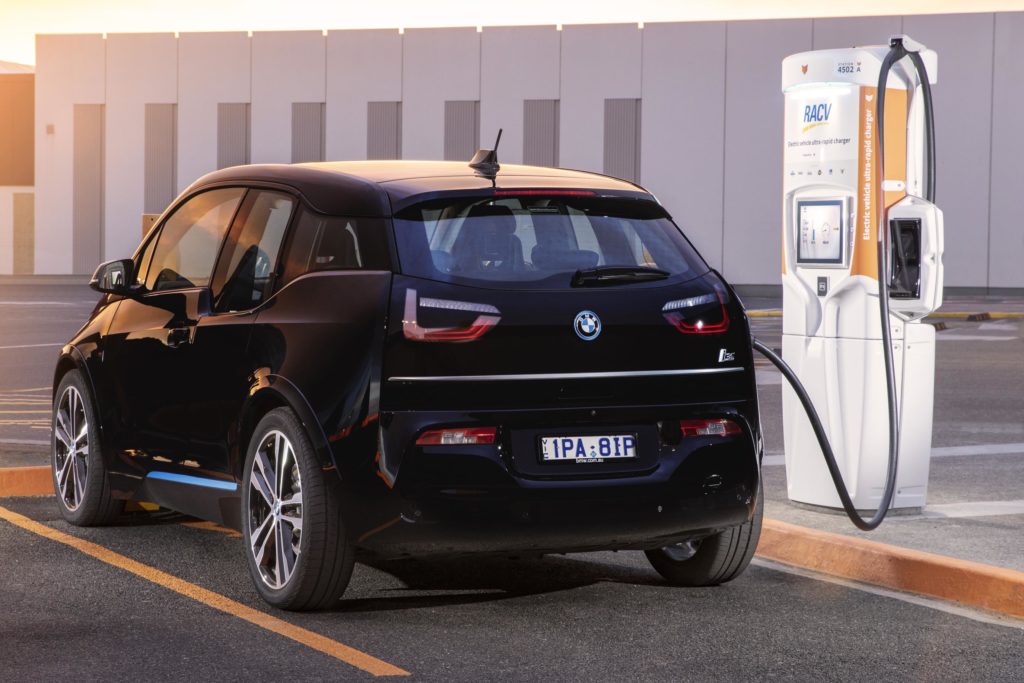
2012/13 Leafs can be had from between $11,500-$17,000, and there are two dozen of these used Nissan EVs available for under $20k. These prices are similar to earlier in 2020 – if anything they’re a bit cheaper – so demand’s clearly not high for this old electric tech and range of, again, not much over 100km.
Updated 2018 ZE1 Leafs can be had for just under $40,000 on the used market, although a brand new version is yours for $53,190 drive-away.
In conclusion, Australians have clearly failed to jump on the EV bandwagon by turning to the used market, ensuring pre-loved prices haven’t climbed in line with ICE alternatives in these unprecedented times.
With new EV and PHEV sales significantly up in 2020, it appears those ready to dip a toe in zero-emissions motoring are embracing the latest tech found in the shiny new versions inside dealer showrooms.

